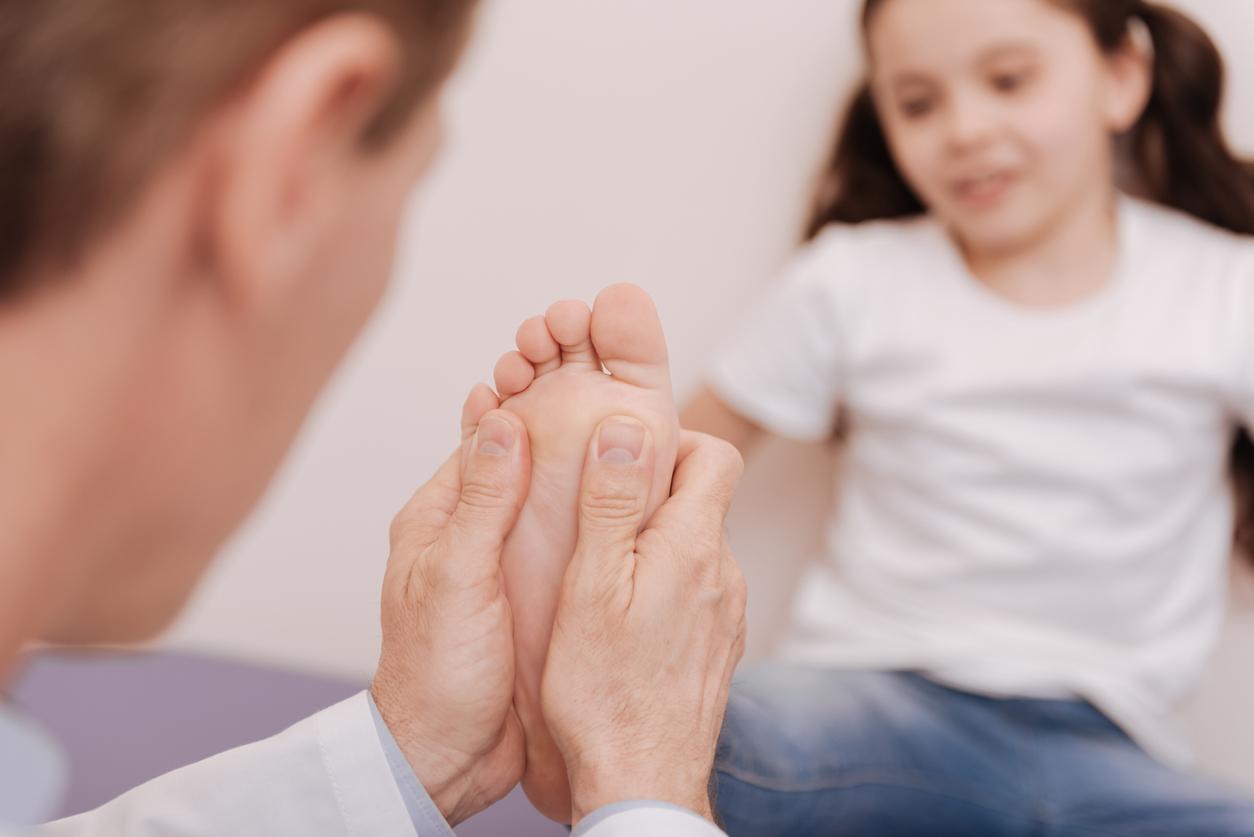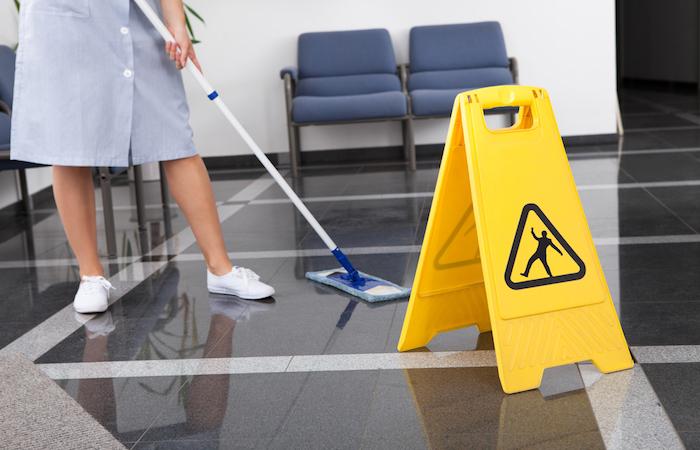On the occasion of a political meeting bringing together the candidates, the Mutualité Française revealed a survey on the expectations of the French in terms of health.

Tell us about health. Discuss the care system, the remainder of the charge, the Health Insurance, in short, everything that shapes French-style care. For this presidential election, voters have high expectations in terms of health. A previous poll had already indicated this in September. It showed that 57% of people questioned wanted to make this theme a campaign priority and would choose their candidate according to his positioning on these subjects. Two months before the presidential election, a new investigation confirms this observation.
The work was carried out by Harris Interactive on behalf of La Mutualité Française, which is organizing a political rally on Tuesday called “Place de la Santé” in partnership with 3 think tanks (Fondapol, the Jean-Jaurès foundation and Terra Nova). The event brings together presidential candidates (Nicolas Dupont-Aignan, François Fillon, Benoît Hamon, Yannick Jadot, Emmanuel Macron) at the Palais Brongniart.
Degraded system
The perfect opportunity to take the pulse of the French in terms of health and refer to candidates. According to survey, if three out of four people say they are interested in the presidential campaign, 72% of them believe that the candidates do not talk enough about health and that their proposals are disconnected from the concerns of citizens. For the latter, the financing of social protection and access to healthcare for all are, in terms of health, the two major challenges of this campaign.
More than six in ten French people consider that the health system in their country is functioning well today. Nevertheless, nearly half of them believe that the health system in France has deteriorated over the past five years and more than two in three French people say they are pessimistic about its future.
A very large majority of the people questioned (85%) consider that the Social Security deficit is high; for nearly three out of four respondents, this deficit may call into question the future of Social Security. According to the people questioned, reducing the deficit requires a better organization of the health system, more controls and the development of prevention. In contrast, increases in taxes or dues and restrictions on refunds are much less popular.
Remains at charge
A majority of French people estimate that on average, Social Security reimburses less than 60% of health expenses. Many respondents already have the feeling that their out-of-pocket expenses have increased over the past five years, regardless of the type of care (consultations with a specialist, glasses, hearing aids, dental care, medication, etc.), with the exception of consultations with a general practitioner. Despite this feeling, 2 out of 3 French people have a good image of Social Security and mutuals.
The French are divided as to the real universality of access to quality care in their country. While more than three in four people find it easy to get a quick appointment with a general practitioner, access to a specialist is considered much more difficult for 78% of them.
Health data
To improve access to healthcare, the establishment of doctors in medical deserts and the limitation of costs (excess fees, price of glasses, dental and hearing prostheses, etc.) are the measures considered to be the highest priority. The solutions considered equally important by the French are the development of medical structures bringing together different types of health professionals, the generalization of third-party payment and easier access to the networks and agreements of their mutuals with opticians in particular.
Finally, the French seem divided on the use of data and new health technologies. Indeed, 89% of them consider it important to make better use of health data to move from curative medicine to preventive medicine. However, only 15% of them say they have ever used a connected object to obtain information about their health.
.















